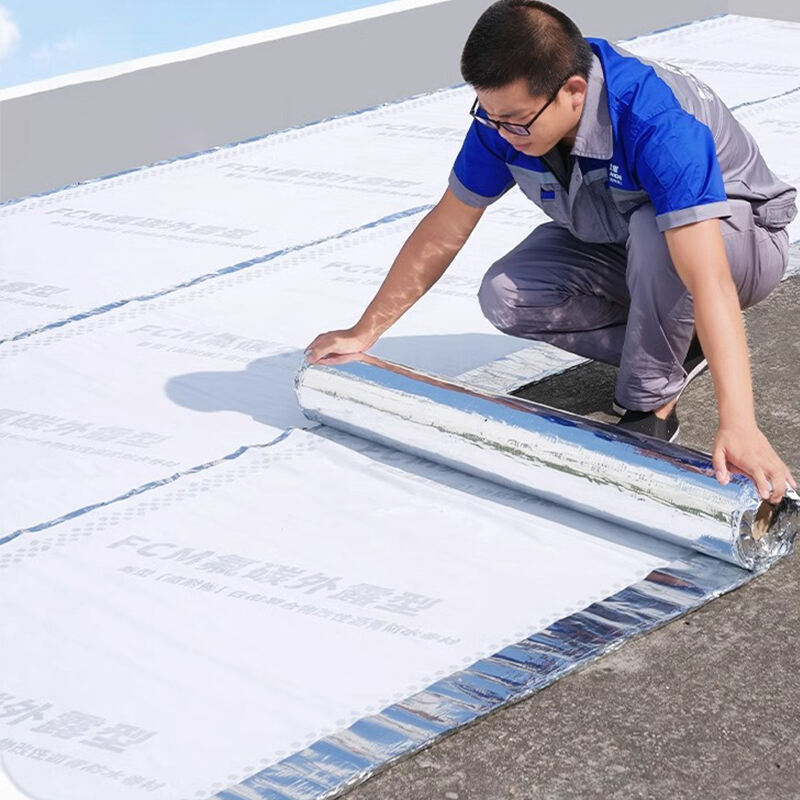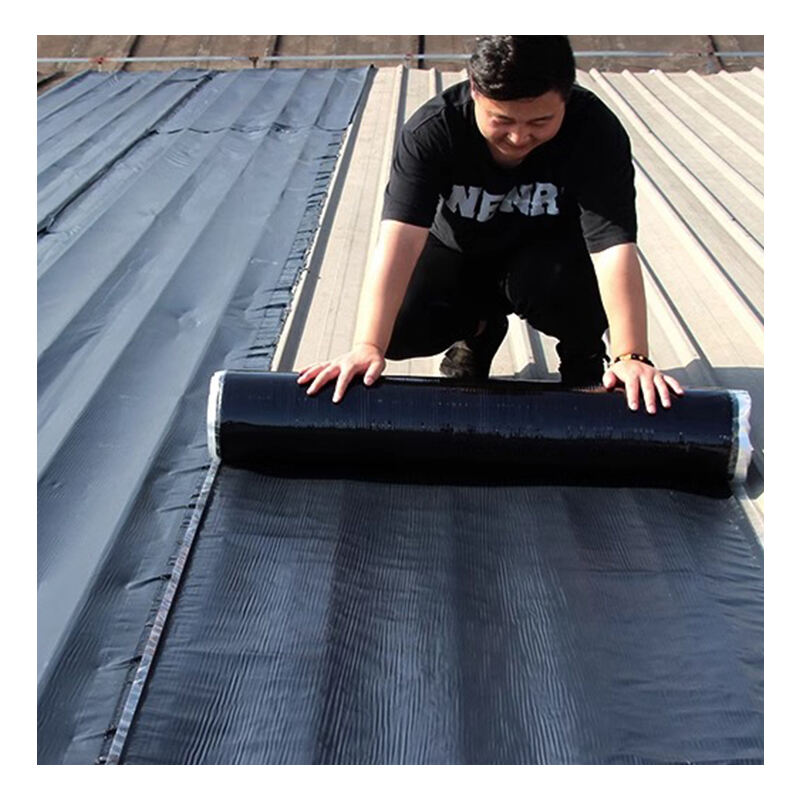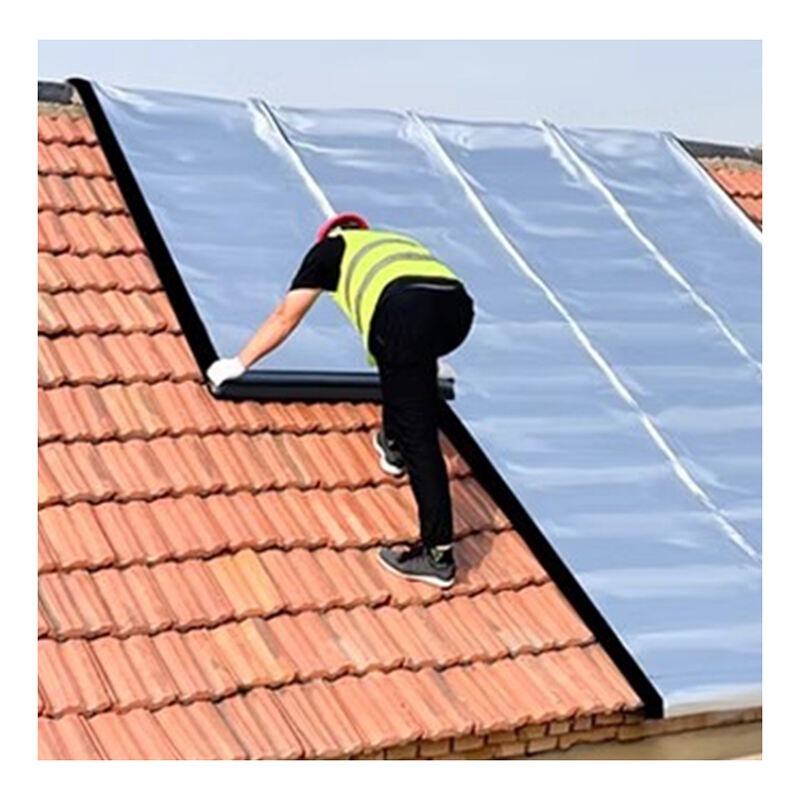የተመሳሳይ ኮስት የተመላከተ ስርዓት
የመጀመሪያዊ ስራዎች ውስጥ በተለይ እንደ ተጓዳኝ መርምሮች የሚከተሉበት የመጀመሪያዊ ስራ የተላለፈው የተለያዩ መርምሮች ላይ ያለው ማህበር ነበር, እነዚህ መርምሮች የመጀመሪያዊ ስራ በጣም እድል ነው እንዲሁም የተለያዩ መርምሮች ላይ ያለው ማህበር ነበር። እነዚህ መርምሮች የተለያዩ መርምሮች ላይ ያለው ማህበር እና የተለያዩ መርምሮች ላይ ያለው ማህበር ነበር። የአቀማመጥ የተለያዩ መርምሮች ላይ ያለው ማህበር እና የተለያዩ መርምሮች ላይ ያለው ማህበር ነበር። የአቀማመጥ የተለያዩ መርምሮች ላይ ያለው ማህበር እና የተለያዩ መርምሮች ላይ ያለው ማህበር ነበር። የአቀማመጥ የተለያዩ መርምሮች ላይ ያለው ማህበር እና የተለያዩ መርምሮች ላይ ያለው ማህበር ነበር።


